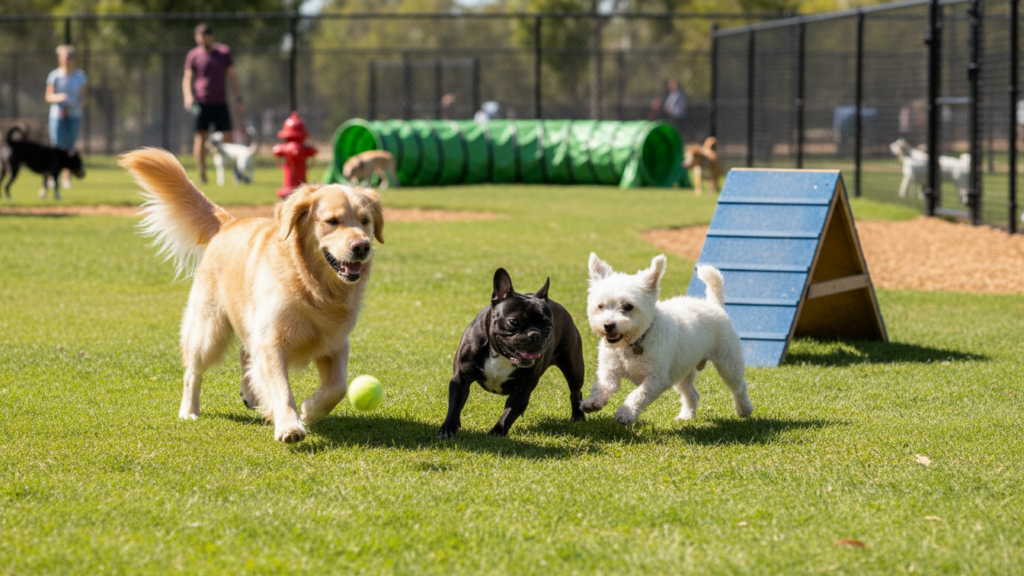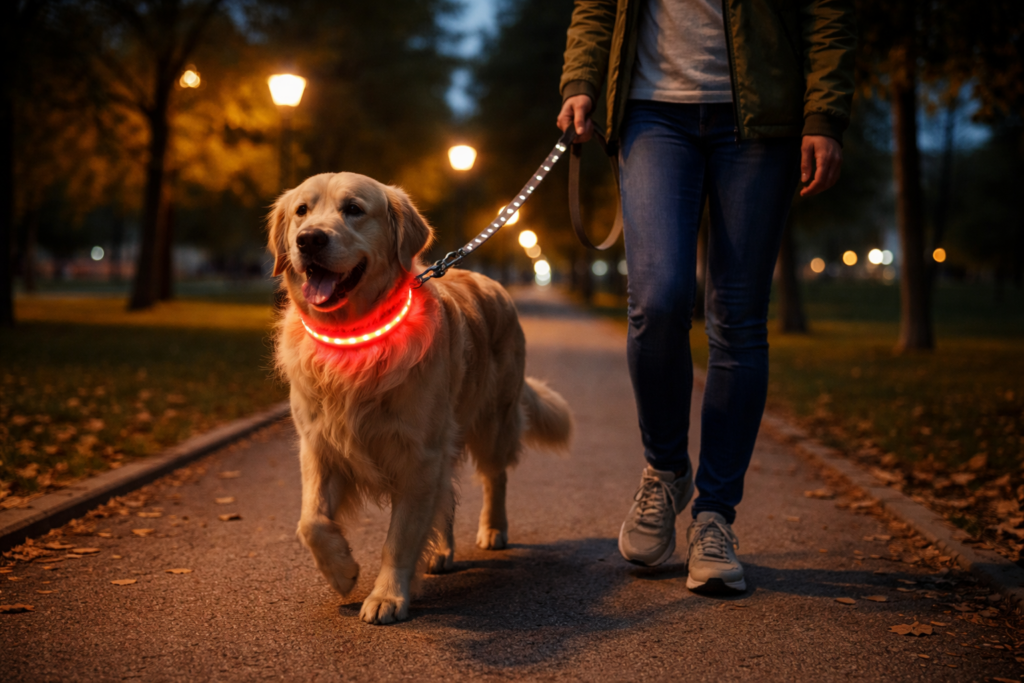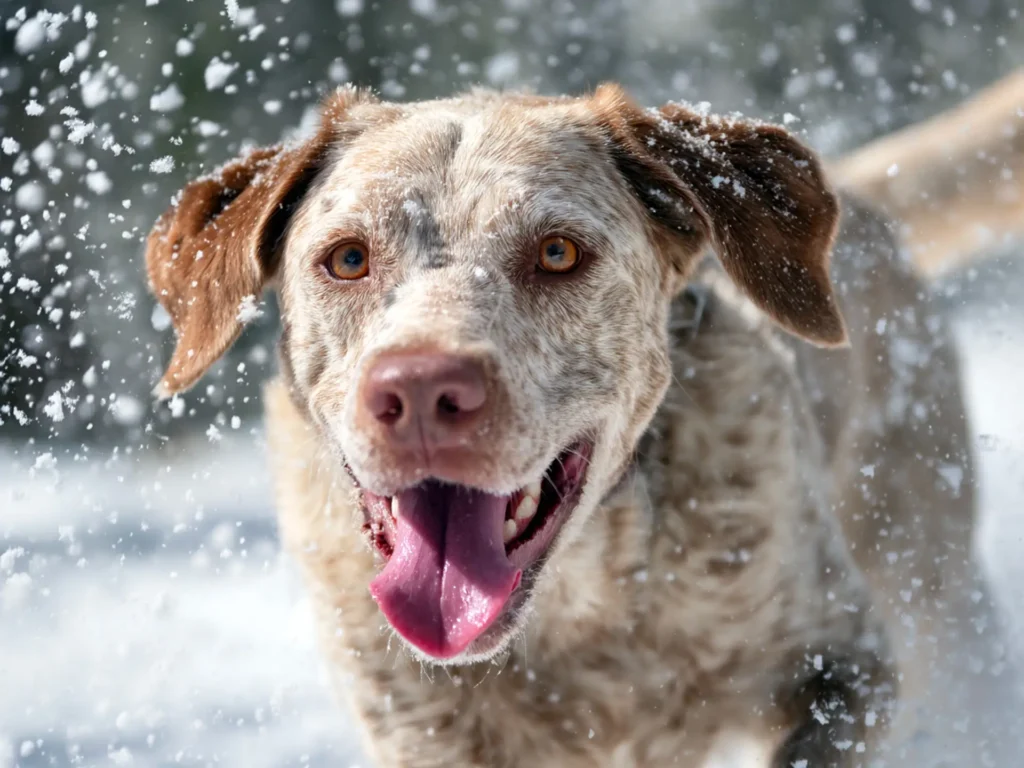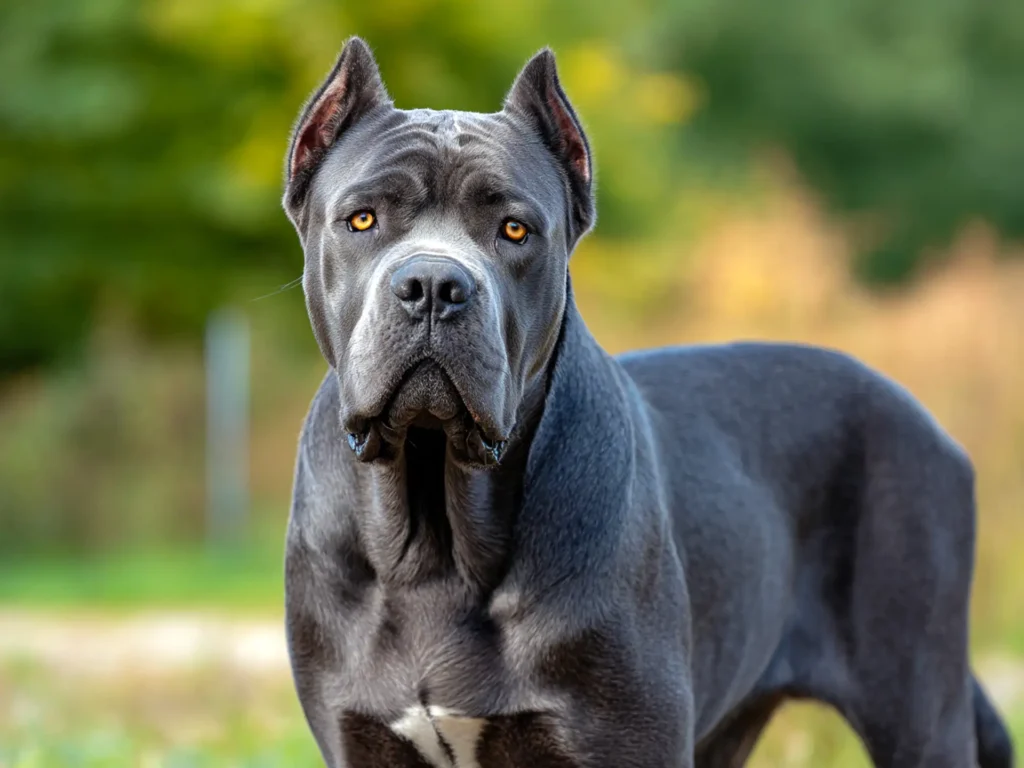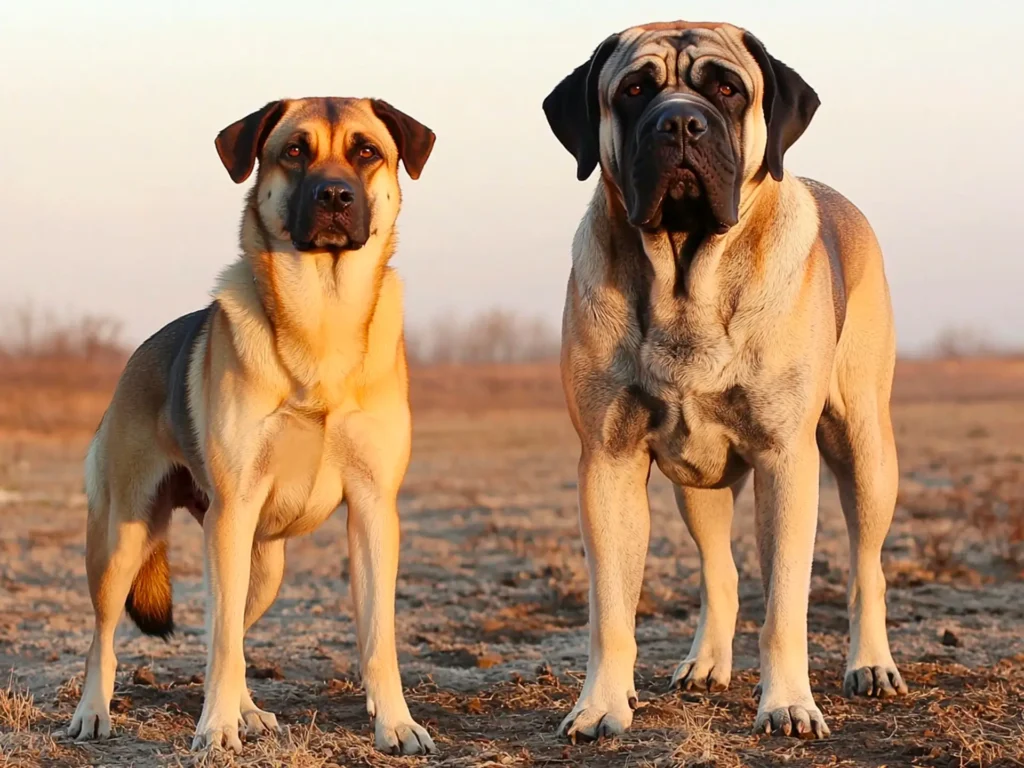DogPack’s Latest Blog posts
Get the DogPack App Today!
Connect. The Ultimate App for Dog Owners
Find dog-friendly parks, connect with local dog owners, and keep your pet safe—all in one place. With DogPack, explore the best places for your pup, share photos, and even help reunite lost dogs with their families.
Dog-Friendly Parks & Businesses
Dog Owners
in Our Community
Proudly Featured in:
15 Scary Looking Dog Breeds That Are Surprisingly Gentle
At first glance, some dogs can look downright intimidating. Muscular builds, deep growls, and piercing eyes can give certain breeds a reputation for being dangerous. But as…
12 Best German Hunting Dog Breeds: Complete Ultimate Guide
There’s a reason German hunting dogs have a legendary reputation among hunters. For centuries, German breeders have focused on creating dogs that can handle real-world challenges: pointing gamebirds with…
How to Build Confidence in a Dog: The Ultimate Guide for Every Owner
Why Confidence in Dogs Matters Confidence is one of the most important traits a dog can have, yet it’s often overlooked. A confident dog is curious, adaptable,…
12 Best Behaved Dog Breeds: Calm, Friendly, and Easy to Train
A dog that greets guests calmly, walks politely on a leash, and relaxes peacefully at home is what most owners dream of. But what really makes a…
How to Socialize a Reactive Dog: Complete Step-by-Step Guide
If you have a reactive dog, you already know how stressful walks or playdates can be. One moment your pup is calm, the next they are barking,…
How Often Do Dogs Need to Go Out? Complete Guide for Pee, Poop and Walks
Most dogs need to go outside three to five times a day. Puppies often require a bathroom break every one to three hours, while seniors usually need…

Most Popular Posts
Featured Dog Breeds
Corman Shepherd
The Corman Shepherd, a mix of Corgi and German Shepherd, is a loyal, intelligent companion…
Border Sheepdog
The Border Sheepdog, a mix of Border Collie and Shetland Sheepdog, is an intelligent and…
Puli
The Puli, a Hungarian herding breed, is known for its distinctive corded coat and agility…

